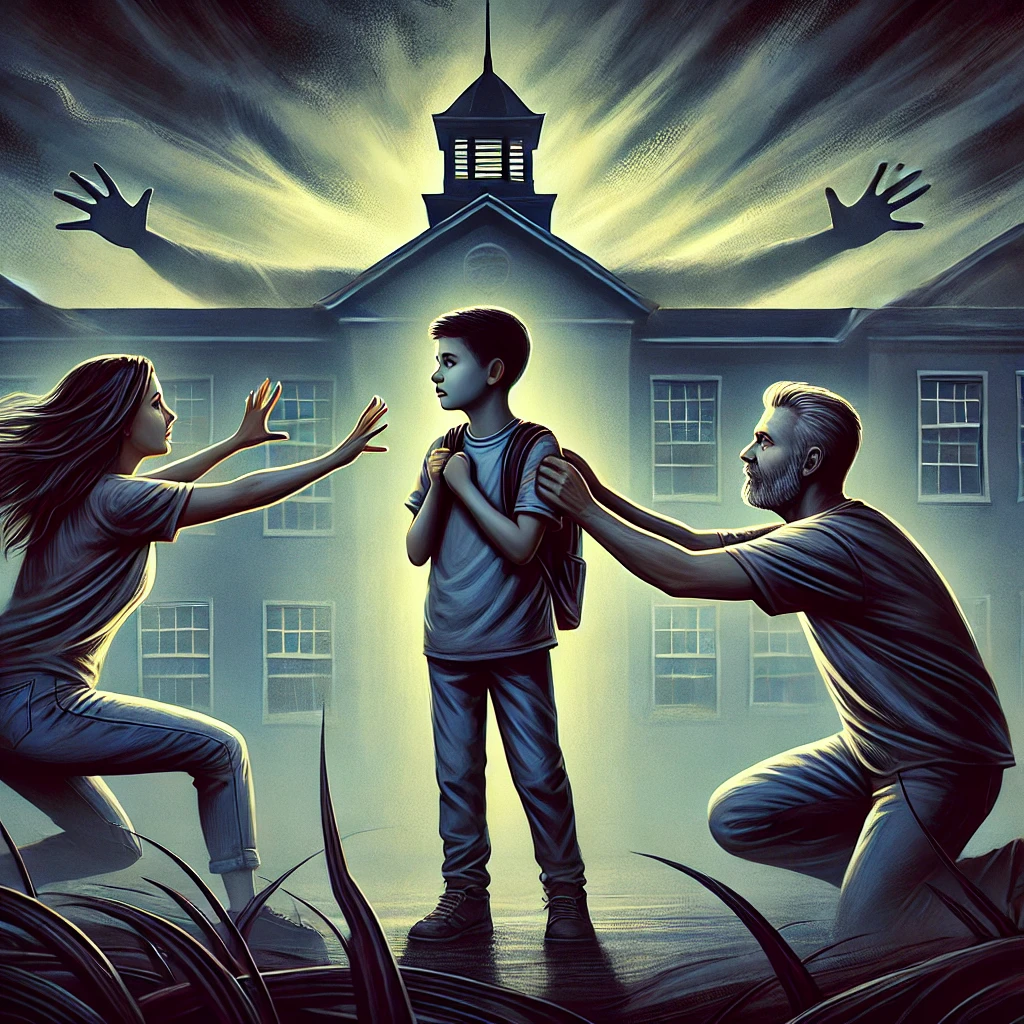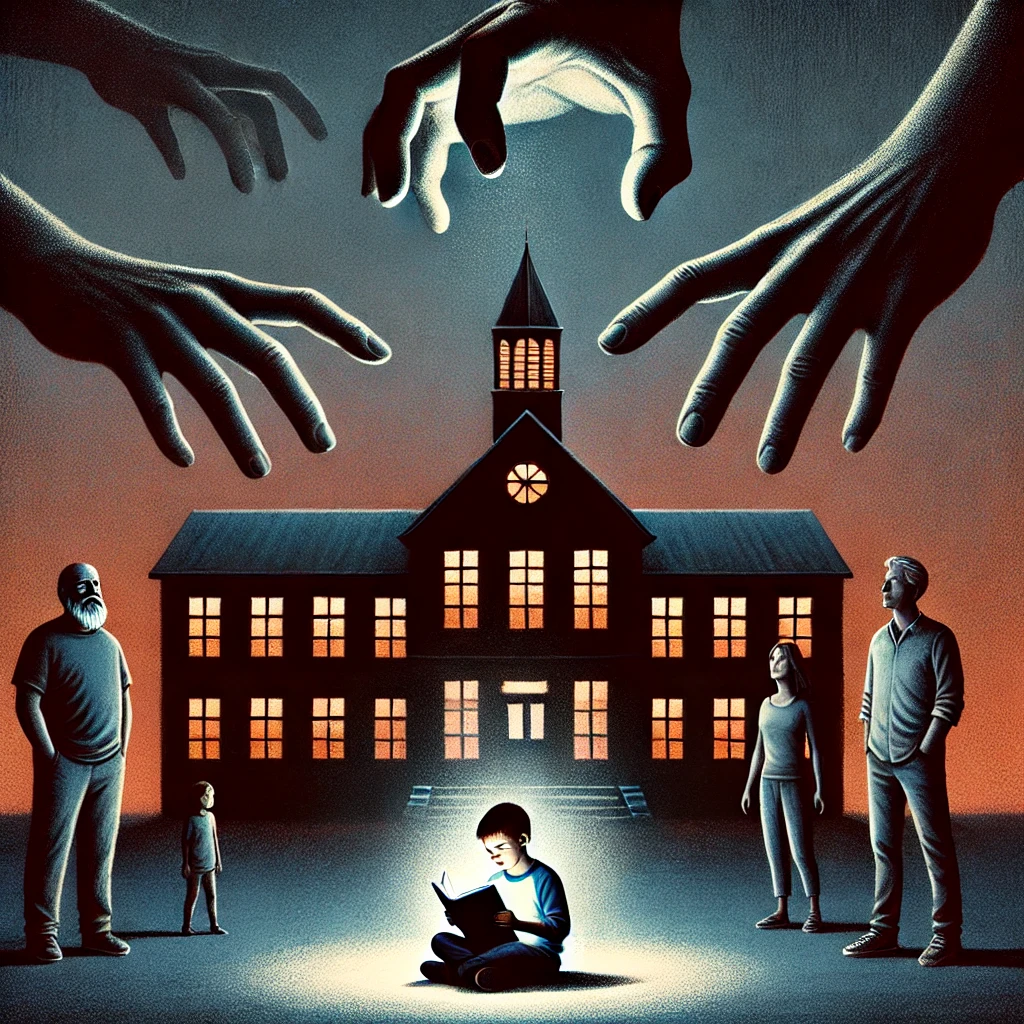The role of parents in the upbringing and education of their children is fundamental, yet an alarming trend is emerging: schools and educational institutions are attempting to undermine parental authority and assume control over children’s values, beliefs, and development. This is not just a subtle shift; it is a calculated effort to reshape the parent-child dynamic with schools positioning themselves as the ultimate authority in a child’s life. This must not stand.
The Growing Battle Over Authority

Parents have always been the primary decision-makers when it comes to their children’s education, moral guidance, and overall well-being. However, many schools today are operating under the assumption that children “belong” to them once they step through the classroom doors. The slightest indication that parents might challenge this notion, particularly on sensitive topics such as sexual morality, identity, or political ideology, is met with outrage from educational administrators.
Why this outrage? It stems from a belief that schools, not parents, are the ultimate arbiters of what children should learn and how they should think. Schools see themselves as the architects of a future society, shaping children to fit their vision of an ideal citizen. This vision often conflicts with the values and priorities of families, yet schools are increasingly unapologetic about imposing their will.
The Push to Marginalize Parents

This power grab manifests in a variety of ways, from curricula designed to bypass parental input to policies that actively exclude parents from critical conversations about their child’s development. For example, schools have introduced lessons on controversial topics such as sexuality, gender identity, and racial dynamics without notifying parents or allowing them to opt their children out. In some cases, students are even encouraged to keep certain discussions or activities secret from their families.
Such practices reveal a troubling mindset: that parents are obstacles to be bypassed rather than partners in education. This mindset becomes particularly dangerous when educators view children as blank slates to be molded in their image rather than individuals with unique family backgrounds, beliefs, and needs.
The Danger of Letting Schools Define Morality

One of the most concerning aspects of this trend is the way schools are attempting to impose their own moral frameworks on students. Issues that were once considered the domain of families, such as teaching sexual morality and ethical decision-making, are now being unilaterally addressed by schools, often without regard for parental values.
When parents push back, schools accuse them of being “intolerant” or “uneducated.” But the reality is that parents have a right, and a responsibility, to oversee the moral and ethical education of their children. Families are the bedrock of society, and the values taught in the home shape future generations. Allowing schools to usurp this role undermines the family unit and paves the way for a one-size-fits-all indoctrination that disregards individual and cultural differences.
Taking Back Control

So, what can parents do? First and foremost, they must be unapologetic and unafraid in asserting their rights. Schools thrive on parents’ silence and acquiescence. By speaking out, attending school board meetings, and demanding transparency, parents can disrupt the narrative that schools are the ultimate authority.
It is also crucial for parents to educate themselves and their communities. Many people are unaware of the extent to which schools are overstepping their boundaries. By shedding light on these practices and holding educators accountable, parents can reclaim their rightful role in their children’s lives.
Lastly, parents must unite. A single voice may be dismissed, but a chorus of concerned families is impossible to ignore. Through grassroots efforts, advocacy groups, and direct engagement with policymakers, parents can push back against the encroachment of schools on their rights.
Conclusion
The attempt by schools to wrest control from parents is not just a battle over education. It is a battle over who holds the ultimate responsibility for raising children. Parents must stand firm in their role as the primary caretakers and educators of their children. If we allow schools to redefine this relationship, we risk losing not only our parental authority but the foundational principles of family and freedom. It is time to draw the line and ensure that our kids remain, first and foremost, ours.
